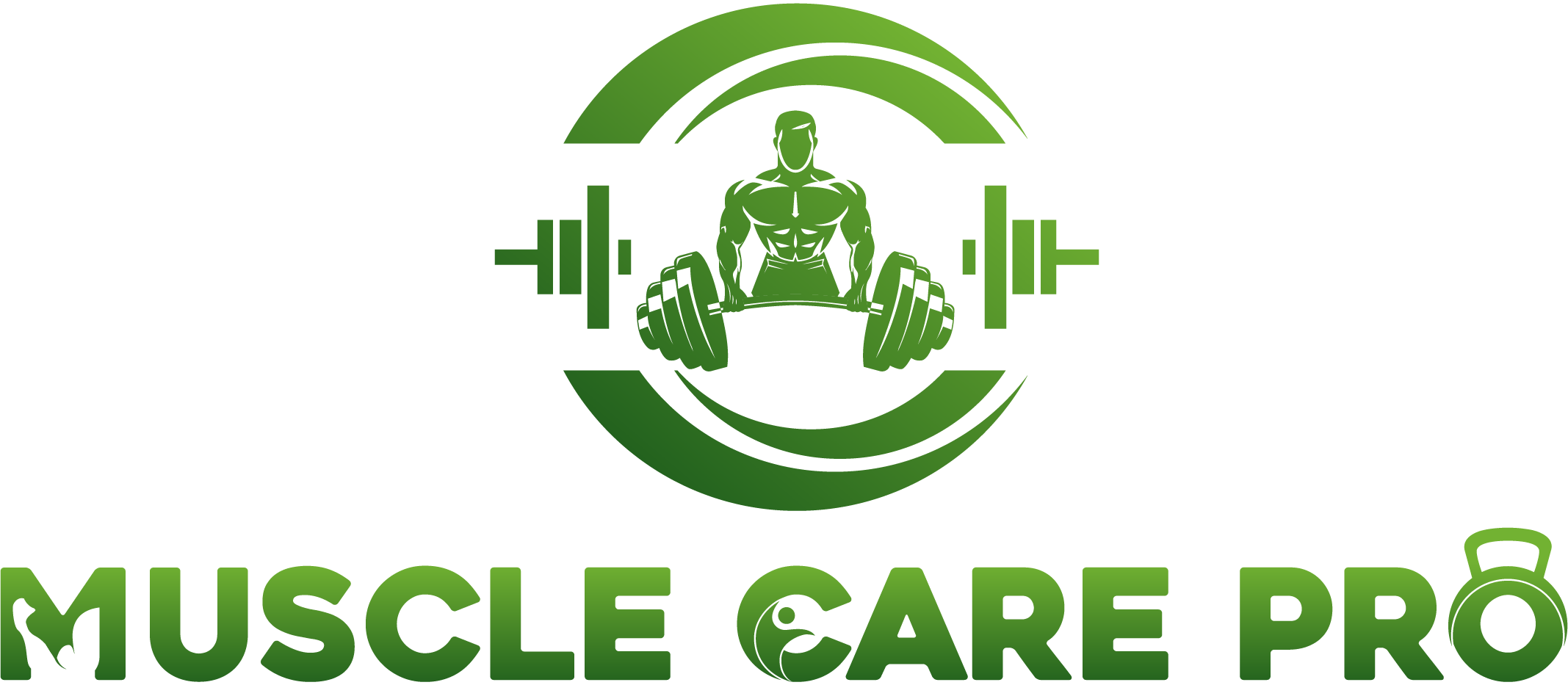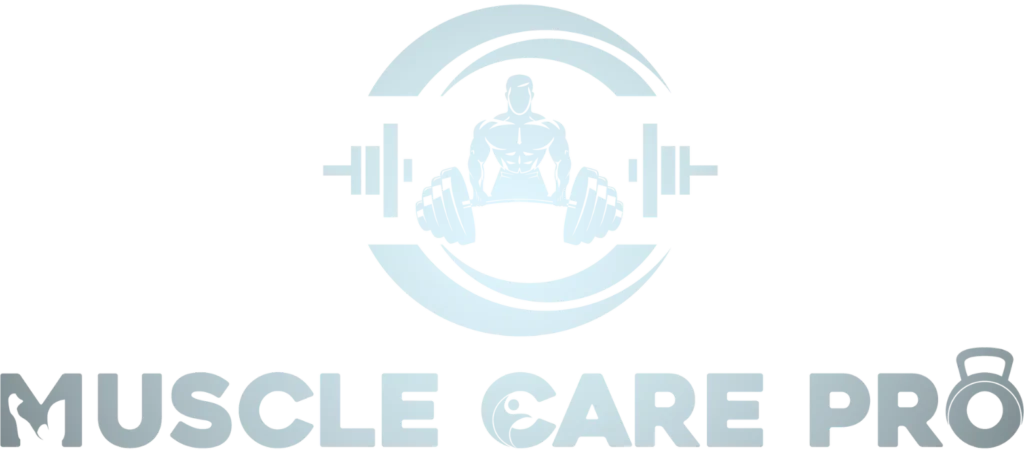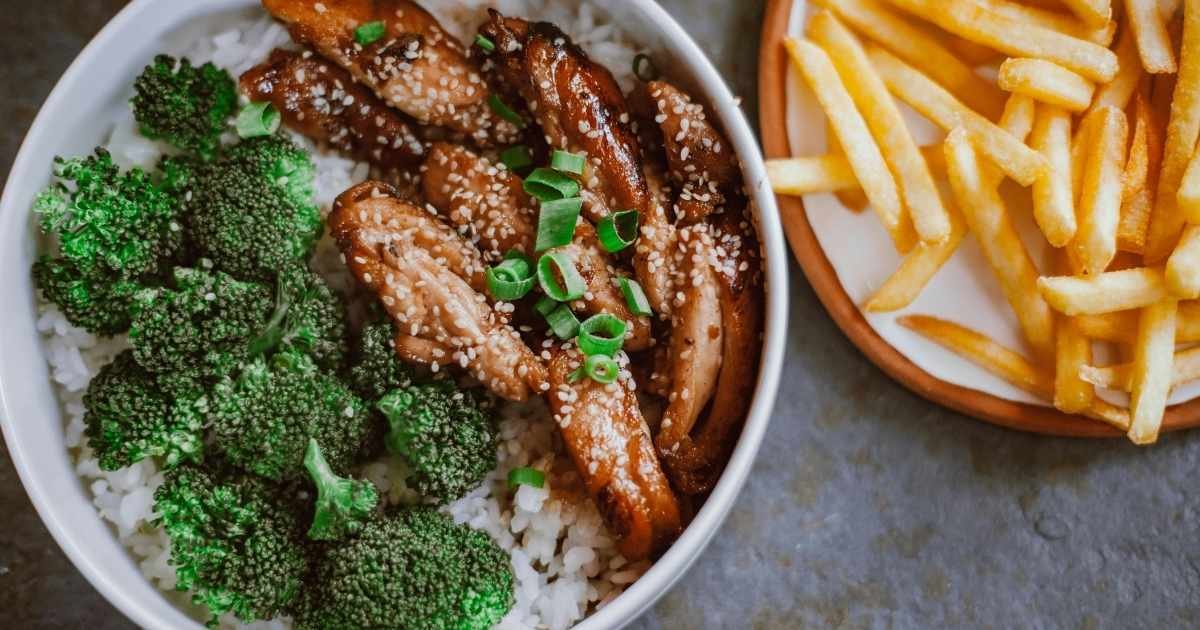Building muscle is more than just going to the gym and lifting weights. It is a lifestyle – a style affected as much, if not more, by what you eat. Having gone through cycles of building muscle, I understand the significance of certain foods in either helping or hampering your development.
In the beginning, I wasn’t controlling what I ate. I assumed some intense training would compensate for all the conjured cheat meals. Well, it didn’t. I took it upon myself to pause for a few months, after fighting monotony, to finally accept that I had to be more disciplined about how I ate.
Therefore, if your goal is to build muscle, it’s helpful to know which foods you should avoid or at least limit. In this regard, I would like to share my experience and key recommendations to help you avoid common diet mistakes.
Sugary Snacks and Desserts
One of the first things I struggled with was avoiding sugary snacks and sweet treats. These are deceptive; yes, they give you a quick burst of energy, but there’s a payback period, and it brings on nasty, slumping tiredness.
Even more crucial is that sugary snacks can lead to fat gain, which is the last thing you want when trying to build lean muscle. I remember the period when my muscle growth seemed to stagnate. I felt fatigued, with energy levels fluctuating like a roller coaster. That’s when I realized that daily cookies and chocolates were undermining my diet. Cutting back on them allowed me to find my rhythm again in training.
Processed Foods and Fast Food
Ah, fast food! It’s tempting after a tough workout when you feel like rewarding yourself with a juicy burger and fries. But here’s the catch—these foods are loaded with trans fats, added sugars, and excessive salt. They might satisfy your taste buds but add little nutritional value.
I used to think I’d be fine as long as I hit my protein target, but relying on processed foods left me feeling bloated, lazy, and ultimately less productive during workouts. Switching to whole, natural foods made a noticeable difference in my energy and recovery.
Alcohol
This one was a tough pill to swallow—quite literally. Enjoying a few beers with friends or a glass of wine with dinner is common. But alcohol, as harmless as it might seem socially, can slow down muscle recovery and disrupt sleep.
There was a time when I was frustrated with my recovery. My muscles ached more than usual, and I wasn’t sleeping well. A friend suggested that my weekend drinking might be the culprit. Reducing my alcohol intake improved my sleep quality and significantly shortened my recovery time.
High-Sodium Foods
Excess sodium can lead to water retention, making you feel puffed up and swollen. This might not sound like a big deal, but it can obscure your muscle definition and give a misleading sense of progress.
I learned this lesson the hard way. My diet included a lot of canned foods and deli meats—both high in sodium. Though I was lifting hard and hitting my protein goals, my body didn’t look as lean as I expected. Once I started reading labels and cutting back on high-sodium foods, my muscles appeared more defined, and I felt much better.
Low-Quality Carbs
Not all carbs are created equal. While complex carbs like sweet potatoes, oats, and whole grains provide sustained energy, low-quality carbs like white bread, pastries, and sugary cereals can do more harm than good.
Initially, I didn’t differentiate between good and bad carbs. I ate a lot of refined carbs because they were quick and easy, but I often felt drained mid-workout. Switching to complex carbs gave me more endurance and helped me maintain steady energy levels.
Fried Foods
Fried foods are calorie-dense but offer little nutritional value. Plus, they’re usually cooked in unhealthy oils that can increase inflammation.
I used to love having fried chicken as a “treat” meal, but even that indulgence would leave me feeling heavy and sluggish the next day, directly affecting my workouts. I felt lighter and more energetic when I swapped fried foods for grilled or baked options.
Too Much Dairy
Dairy isn’t inherently bad, but too much can cause digestive issues and bloating for some people, myself included. I used to have multiple servings of milk, cheese, and yogurt, thinking it would boost my protein intake. But instead, I felt gassy and uncomfortable.
If dairy suits you, that’s great! But if you experience similar issues, it might be worth exploring plant-based alternatives or limiting your intake.
Final Thoughts
Building muscle is a journey that involves not only sweating it out at the gym but also making conscious choices in the kitchen. The foods you eat can either fuel your progress or set you back. Limiting (or avoiding) sugary snacks, processed foods, excessive alcohol, and low-quality carbs was a game-changer for me.
Of course, everyone’s body is different. What works for me might not work for you. But if you’re facing similar struggles, consider evaluating your diet. Small tweaks can make a world of difference.
Remember, it’s all about balance. You don’t have to cut out everything at once. Start by making small changes and see how your body responds. Good luck on your muscle-building journey!











